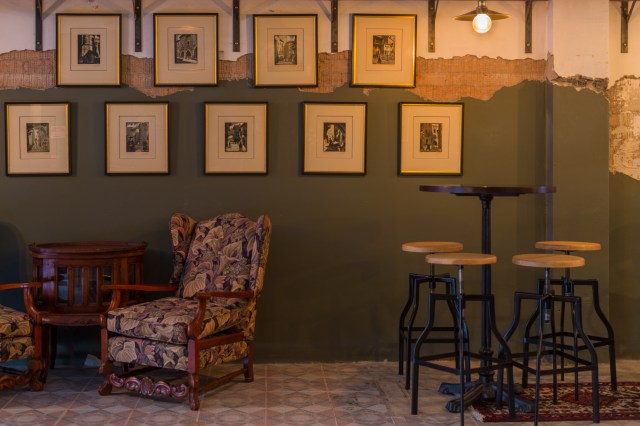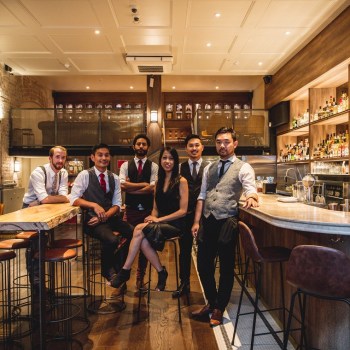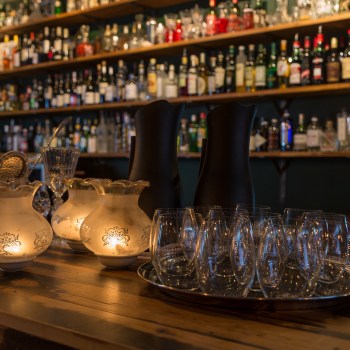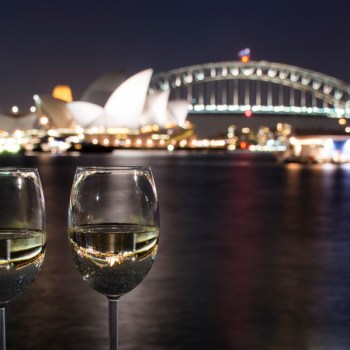The City of Sydney has announced that it is calling on the NSW State Government to increase small bar licence capacity limits from 60 to 120 patrons.
In the submission to the Liquor & Gaming NSW Review of the Small Bars Legislation, the Council also called for the removal of restrictions on trading hours for small bars in liquor freeze areas.
The reason for the submission, the council says, is to “encourage the long-term sustainability of small bars and increase local live music programming”.
City of Sydney CEO Monica Barone says more can be done to support the recent growth of small bars across the city and ensure their long-term sustainability.
“Sydney’s night-time economy is estimated to make a contribution to the economy of more than $19 billion and provide more than 31,000 jobs,” she says. “More than 2124 licensed premises contribute to creating a vibrant and diverse nightlife, helping Sydney to compete on the global stage as one of the most liveable and inviting cities.
“Refining the small bars legislation to increase patron numbers and ensure flexibility in trading hours will help the small bar scene reach its full potential.”
According to recent figures there are approximately 128 small bar-style venues in the City of Sydney’s local government area, but only 21 per cent of those currently operate under a small bar licence. That is due to the Liquor Act 2007, which restricts the small bar licence holders to a capacity limit of 60 patrons, leading some small venues to apply for an on-premises (restaurant) licence or a hotel (general bar) licence in order to create a sustainable business model.
“Venues with a small bar licence can often face the challenge of sustaining live music and performances with these limited patron numbers,” Barone says. “The City’s submission recommends redefining the small bar licence to increase capacity limits to 120, facilitating greater creativity and innovation in our smaller venues.
Increased patron numbers – a standard measure in other global cities – will increase the contribution small bars have on creating a lively nightlife for our residents, workers and visitors.”
The City’s submission includes nine recommendations in response to the Review of Small Bars Legislation:
- Change the liquor licence definition of the Small Bar licence category to increase the capacity limit from 60 to 120 patrons.
- Remove the restriction on trading hours for small bars in liquor freeze areas to allow standard trading hours to 2am, instead of midnight.
- The availability of extended trading hours for small bars should be maintained, with each venue’s suitability for extended hours of operation assessed on application.
- Continue the exemption for small bars from preparing a community impact statement.
- Consider improved synchronising between the development and liquor licence assessment process, by allowing applicants to prepare a single plan of management to encompass the development consent and liquor licence aspects.
- Consider providing further information on the types of business activities that a small bar licence holder may engage in, such as the provision of food and live music and performance, to increase awareness and potential uptake.
- Reduce or remove the trading hours loading fee in the Periodic Licence Fee Scheme for small bar style venues up to 120 patron capacity. The loading fee is currently applied to small bar style venues with an on-premises (restaurant) licence or a hotel (general bar) licence that trade past midnight.
- Consider research into licenced premises size and type to assess the impact on alcohol-related violence and anti-social behaviour.



